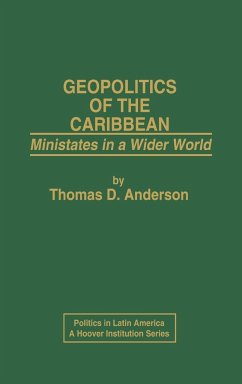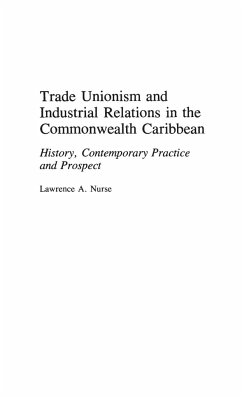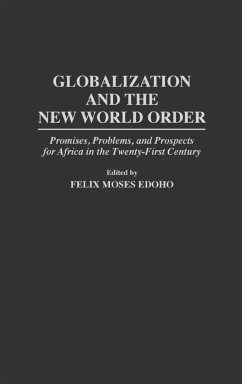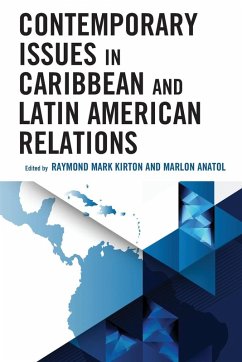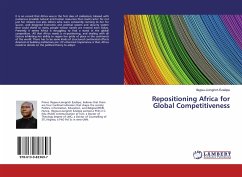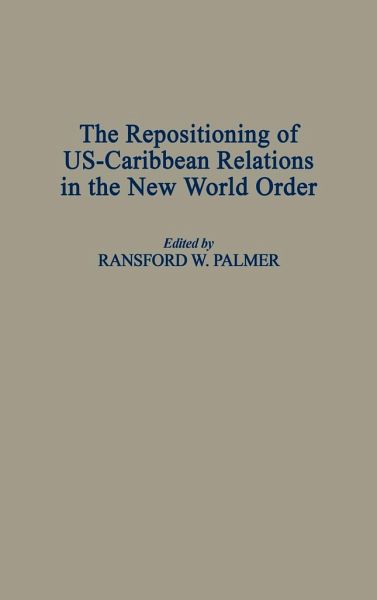
The Repositioning of Us-Caribbean Relations in the New World Order
Versandkostenfrei!
Versandfertig in 1-2 Wochen
61,99 €
inkl. MwSt.

PAYBACK Punkte
31 °P sammeln!
The United States has long dominated economic as well as political affairs in the Caribbean. Recently, however, the relations between the US and the Caribbean nations have been changing. In the early 1980s, the United States unilaterally announced the Caribbean Basin Initiative, which was a set of tariff concessions to the region designed to improve the overall economic situation. More recently, the Association of Caribbean States was created to bring together the islands and countries on the Caribbean rim in an attempt to reposition the region in light of the development of powerful trading b...
The United States has long dominated economic as well as political affairs in the Caribbean. Recently, however, the relations between the US and the Caribbean nations have been changing. In the early 1980s, the United States unilaterally announced the Caribbean Basin Initiative, which was a set of tariff concessions to the region designed to improve the overall economic situation. More recently, the Association of Caribbean States was created to bring together the islands and countries on the Caribbean rim in an attempt to reposition the region in light of the development of powerful trading blocs in the western hemisphere and Europe. This volume brings together essays that explore the historical, political, and economic dimensions of US-Caribbean relations. As such, it will be of considerable use to scholars and researchers of the Caribbean, economic development, and international relations. This volume brings together essays that explore the historical, political, and economic dimensions of US-Caribbean relations. As such, it will be of considerable use to scholars and researchers of the Caribbean, economic development, and international relations.






